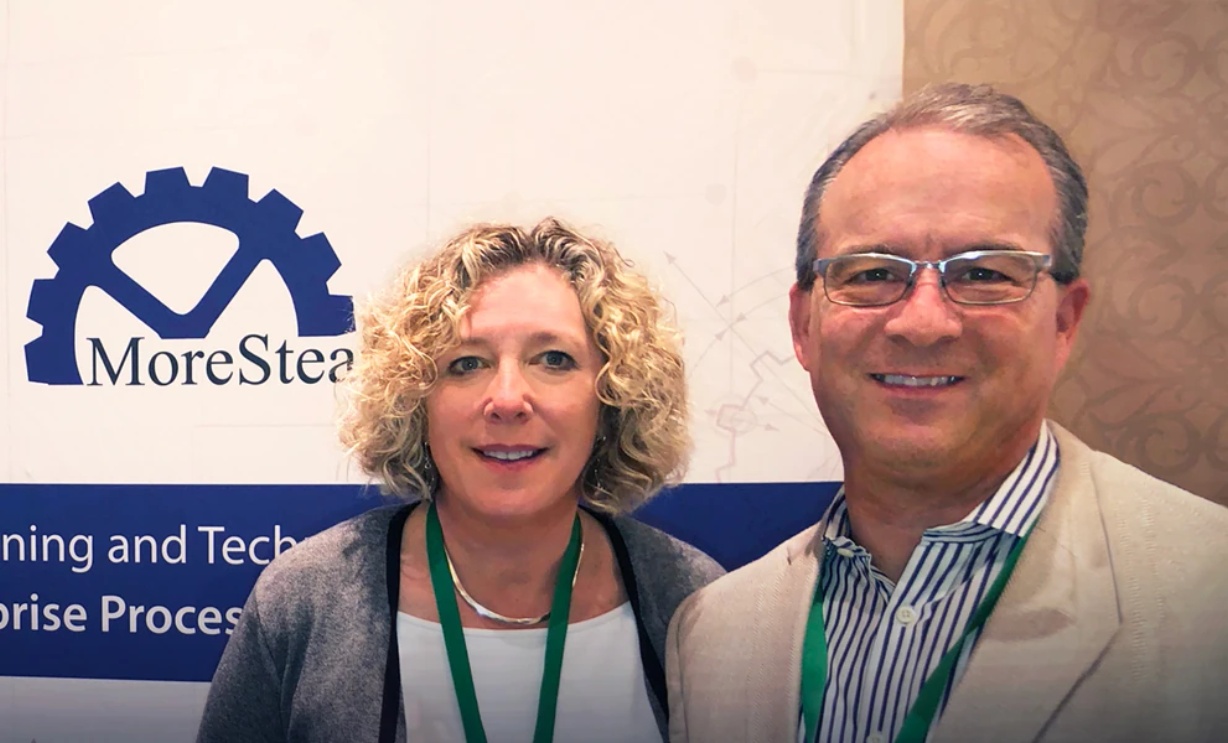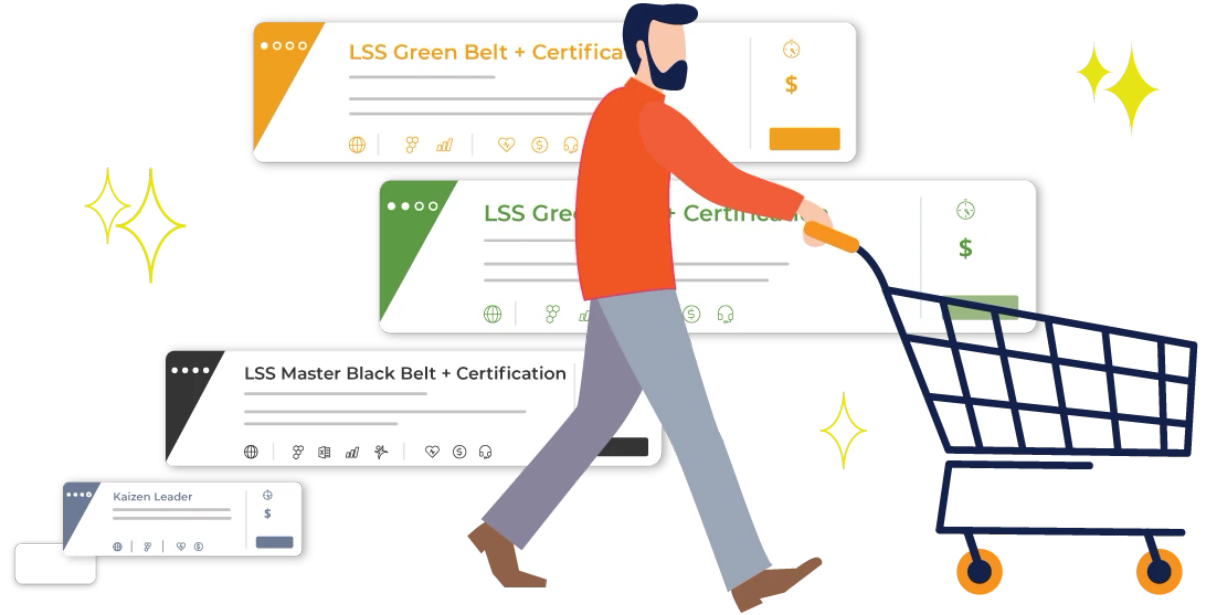
TAKING A DEEPER DIVE
Find the Gaps in Your Training Design
1) Browse our course offerings to find the right fit for you.
We offer courses for Yellow, Green and Black Belts, plus additional options built around key Lean Six Sigma principles
2) Select one of our simulations to run:
Not sure where to start? Request a live demo of any simulation.
3) Contact us to discuss your options.
Our team is happy to help you find the right fit for you or your organization. We can also talk through customized classes and team pricing options.



Top image left to right: Dave Mullaney, Kathy Miller
Bottom image left to right: Peg Pennington, Tim Kelley, Gabe Turk, and Bill Hathaway.Featured left to right: Peg Pennington, Tim Kelley, Dave Mullaney, Kathy Miller, Gabe Turk, and Bill Hathaway.
Top image left to right: Dave Mullaney, Kathy Miller
Middle image left to right: Peg Pennington, Tim Kelley
Bottom image left to right: Gabe Turk, and Bill Hathaway.Contact sales@moresteam.com or 614.602.8190

